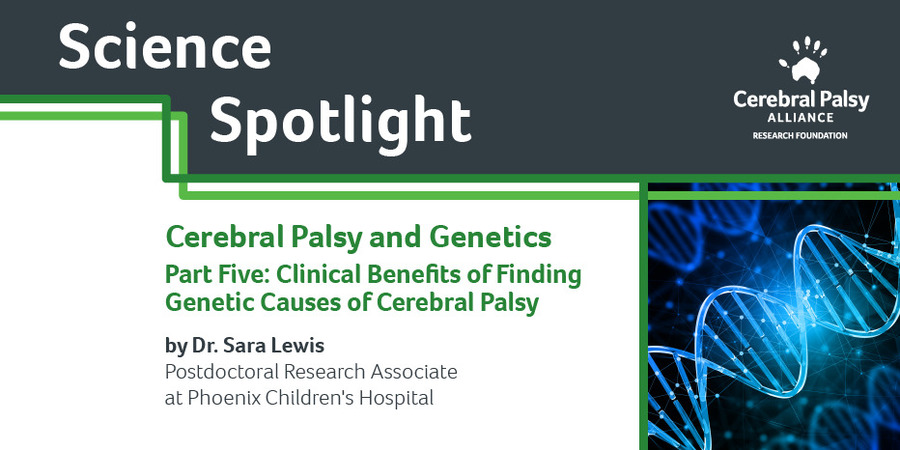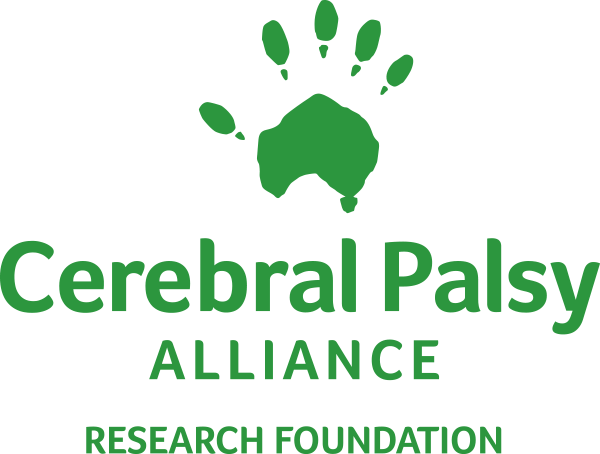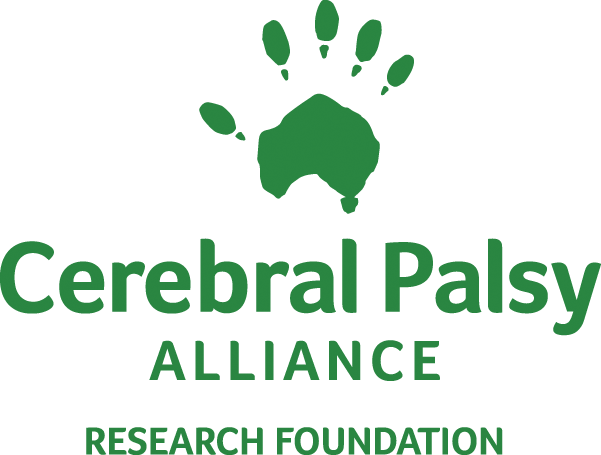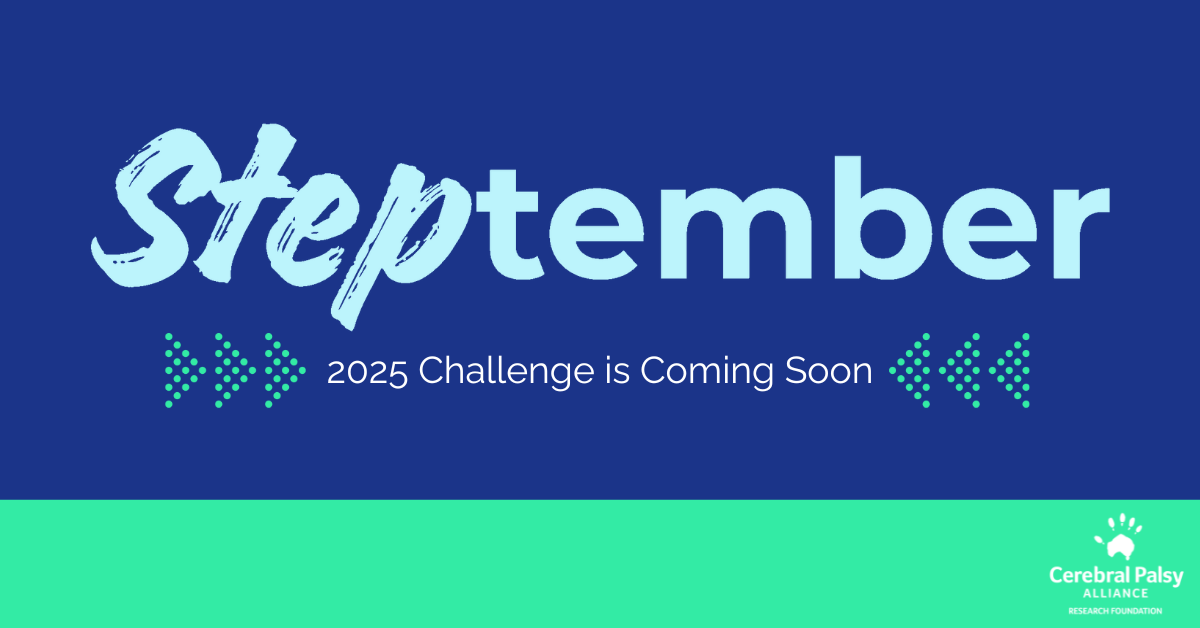
Science Spotlight: Cerebral Palsy and Genetics
Part Five: Clinical Benefits of Finding Genetic Causes of Cerebral Palsy
By Dr. Sara Lewis
Catch up on the first four parts of this blog series, which covered genetics concepts, methods for finding genetic causes for cerebral palsy (CP), research findings on genetic contributions to CP, and understanding how CP changes the brain using genetics.
Use of a genetic test, also known as clinical sequencing, is becoming more common to help doctors find genetic causes for patients with CP. This creates opportunities for personalized medicine. In this context, personalized medicine is the ability to accurately describe different population groups that might respond to certain medications or interventions. These subsets may benefit from non-traditional treatment approaches, whether they’re specifically targeting a genetic deficiency, finding patients who need careful monitoring as part of their care, or finding the patients who are likely to respond well to a particular drug.
One example of a success story using genetics for personalized medicine is ADCY5. Most ADCY5 mutations induce hyperactivity of this protein and causes
An ongoing analysis is currently seeking personalized medicine opportunities that would arise after finding a genetic cause of a person’s CP, using published whole exome sequencing studies as a starting point. Personalized medicine opportunities include clinically actionable findings like prevention strategies, effective symptom management, and the ability to change the primary, underlying cause.
We’ve found that 7.1% of patients receiving sequencing in the above-mentioned studies had a genetic finding that led to a personalized medicine opportunity. Another 19.6% of people with CP had a genetic finding that wouldn’t prompt a change in how they manage their CP.
Why do only approximately 25% of patients with a genetic finding have opportunities for personalized medicine? It’s because the process of translating gene discovery into clinical utility is missing information at multiple steps. As more genetic causes are discovered, more information will become available on gene and pathway functions, and more laboratory research can be conducted on these genes and variants.
These studies can then create new treatment opportunities that can be developed into clinical interventions. When genetic changes are found in patients, clinicians will sometimes publish reports or share information about clinical features and what medications were effective. This can help improve personalized medicine using genetics as a key piece of information.
Genetics has progressed tremendously the last few decades and it’s redefining possibilities for diagnosing, understanding, and treating CP and other disabilities. Ongoing research is dedicated to improving the lives of individuals with CP, and genetics is an important tool for realizing this goal.
About the Author: Dr. Sara Lewis is a Postdoctoral Research Associate at Phoenix Children’s Hospital working with Dr. Michael Kruer to identify genetic causes of cerebral palsy. She received her PhD in Neuroscience in 2015 with an emphasis in genetic neurodevelopmental disorders. Her work integrates human genetics with the fly model to study how genes leading to movement disorders changes in the brain. Her work also addresses the challenges implementing genetics findings in the clinical environment. Her research is funded by CPARF.
Articles cited:
https://www.newsweek.com/adcy5-dyskinesia-cure-doctors-coffee-1443528
Wed 21 May 2025
Are you ready for STEPtember 2025? We’re officially in double digits — CPARF is celebrating 10 years of funding groundbreaking cerebral palsy research and driving innovation forward. And there’s no better way to mark this milestone than with our biggest, boldest STEPtember yet. Thanks to you, STEPtember has grown into a global movement that powers […]
Thu 15 May 2025
Celebrate Your Birthday with Purpose: Start a Fundraiser That Changes Lives Birthdays are for joy, reflection, and connection — and now, they can help fund groundbreaking research, fuel innovation in assistive technology, and create lasting change for people with cerebral palsy and other disabilities. Celebrate your special day by starting a customized birthday fundraiser to […]




